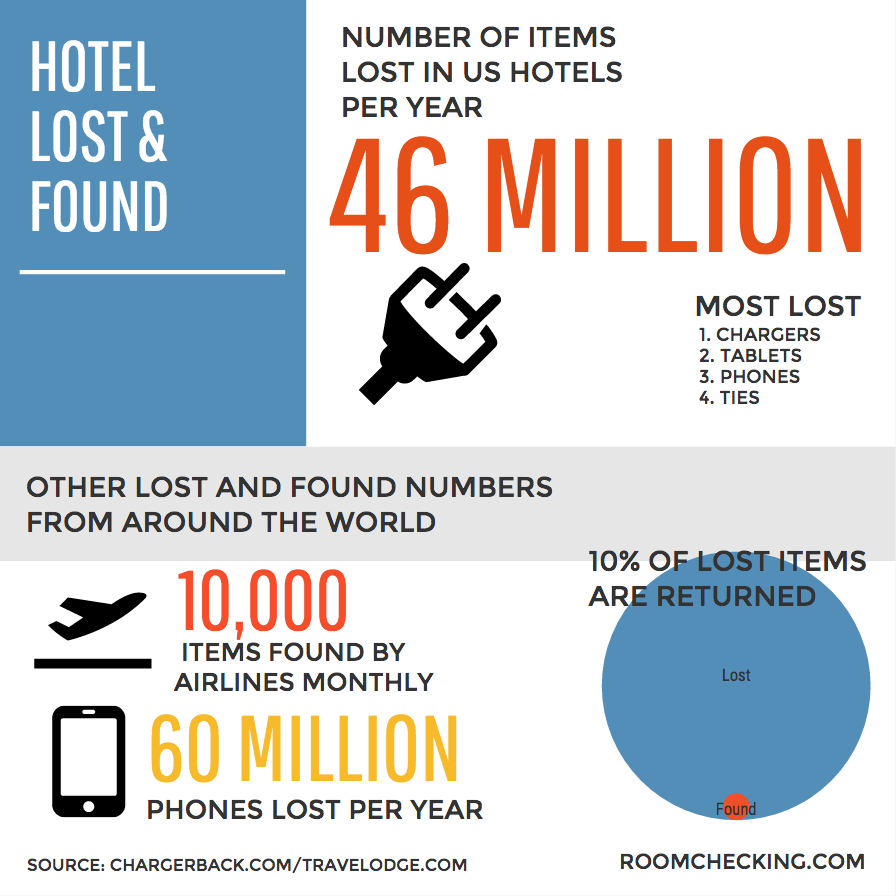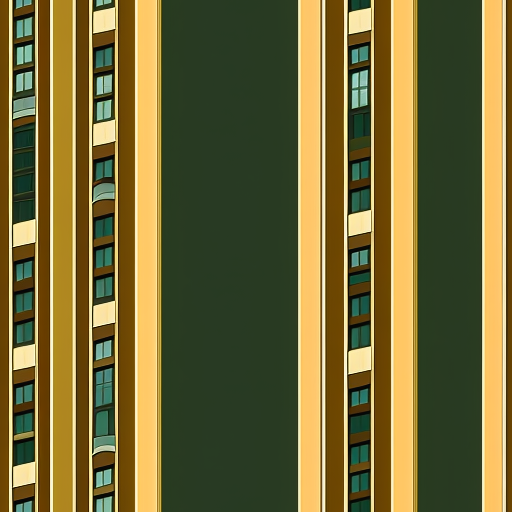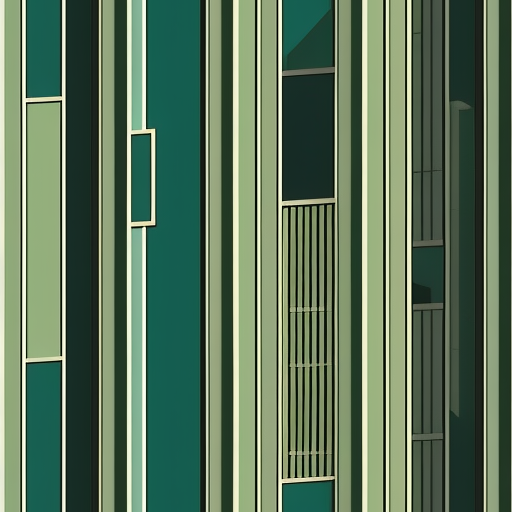
ome time ago as I was checking out of our hotel, my 11-year-old daughter looks at me with a sad face and says “Daddy, I think I left my iPod in the room.” This sent me into pure panic mode, on one hand I was frantically trying to figure out where her iPod was, my other children were disappointed about the holiday ending, and to make matters worse the taxi outside was threatening to leave, which would strand us at the hotel causing us to miss our flight home.
Needless to say, it wasn’t the ideal situation.
To my surprise, this upscale 5-star hotel did not register lost items. Upon asking why, I discovered that they only register items that have been found, and had no way to register items that were lost. Even more disappointing was the fact they didn’t take my name or number to contact me if the item was found. They had insisted that I call in a few days to see if an employee located the item. As a guest, at a 5-star hotel this shocked me that they couldn’t make the effort to contact me directly.
Fast-forward to a few weeks ago, I am installing RoomChecking in a hotel group, and I first hand understood the problem hotel's face. What seemed like a simple problem for me, the guest was far more complicated than I anticipated for the hotel.
STORAGE:
The first problem that was brought to my attention was storage, where does the hotel keep these items? Certain lost and found objects are valuable others are not, how do you differentiate?
TIMING & BY WHO:
The next big question is timing. When was the object found, before my stay, during my stay, after my stay? Or what if it was found a few days after another guest stayed in the room? This adds a whole new dimension.
Who found the object? The hotel's housekeeper? Runner? Hotel Operations? Hotel Maintenance? Management? These are all important questions that need to be answered as well.
LABELING:
How do you properly label lost and found items ensuring they can be easily located? Do you use a number system? Do you use a label maker? Is everyone at the hotel using the same labeling method? In my experience with hotels, I’ve identified at least 50 different ways hotels manage labeling lost and found.
EASIER, NOT HARDER:
When integrating the Hotel Lost and Found tool into RoomChecking we analyzed the problem from various angles. Our goal was to figure out how to improve the process without changing the workflow. When adding a layer of technology, our goal at RoomChecking is to make your life easier, not harder.
Understanding that large and small hotels operate differently, we built our lost and found module in 4 different segments based on hotel size. By doing this, we are able to accommodate different size hotels without disturbing your current workflow.
IN SUMMARY
Managing a hotel is firefighting with guest requests and invisible issues every day. The magic of a great hotel is how many of these "fires" guests never even get to see. This is what hotels are really good at and they're probably some of the best at it of any industry. When technology can come along and help hoteliers do their job easier and safer, when tech companies can help to facilitate the firefighting by relieving the front desk, housekeeping and other hotel staff from some of that pressure and stress. It is definitely worth it.
In the end by adding tools that facilitate all these types of tasks the people in hotels can focus on the real job which isn't printing labels, figuring out who was in room 209 that could have lost an iPod or other mundane, repetitive tasks like that. Hoteliers can then focus on taking care of guests and improving guest satisfaction.
And that's our end game, I think that should be the end game of all hotel technology companies: Happier guests.
In case you were wondering, shortly after we left the hotel, they were able to locate and return my daughter’s iPod.


